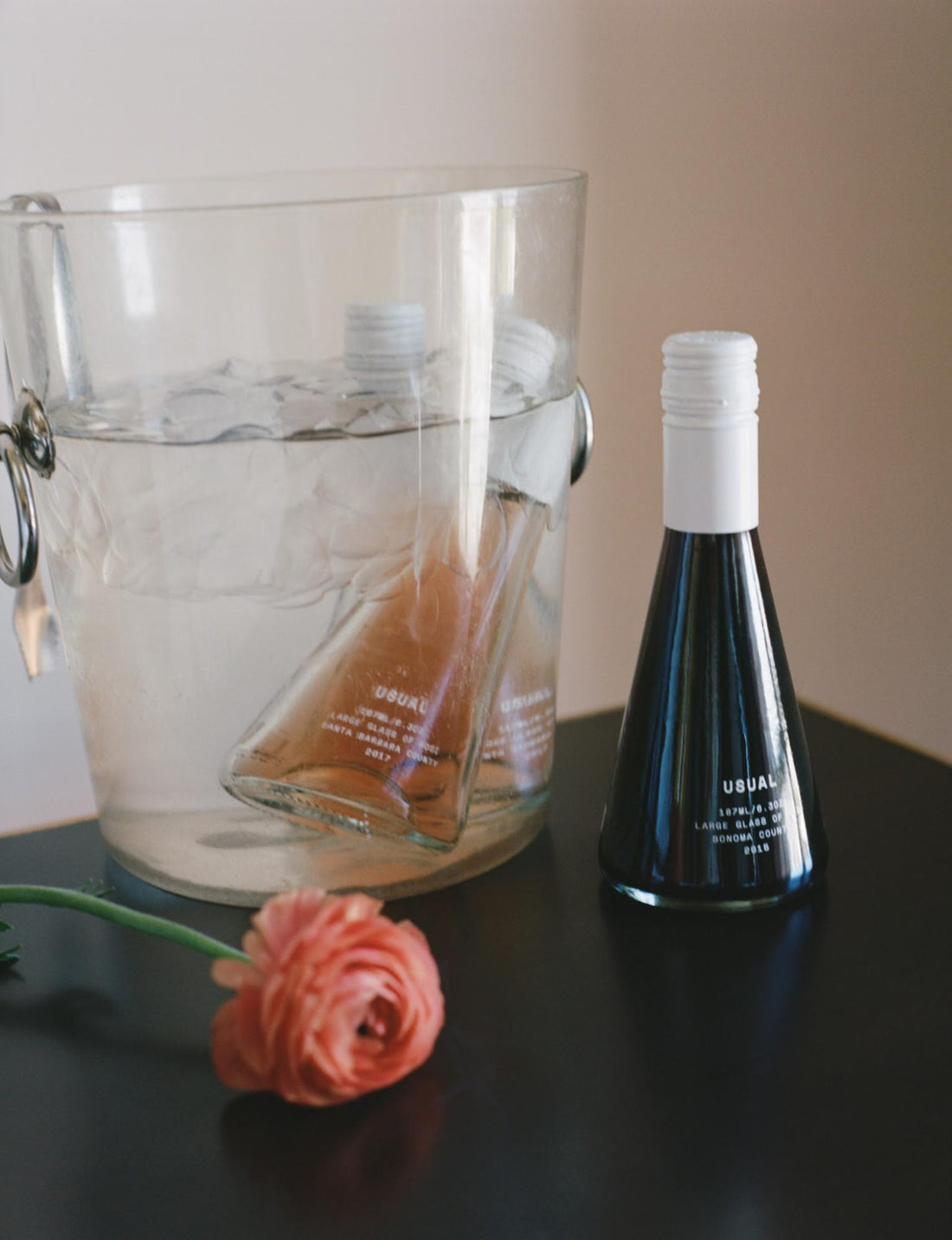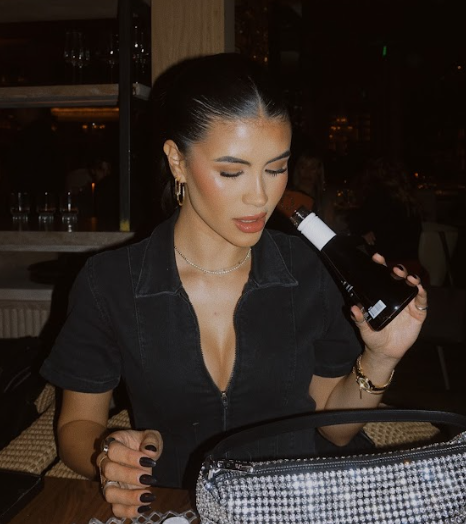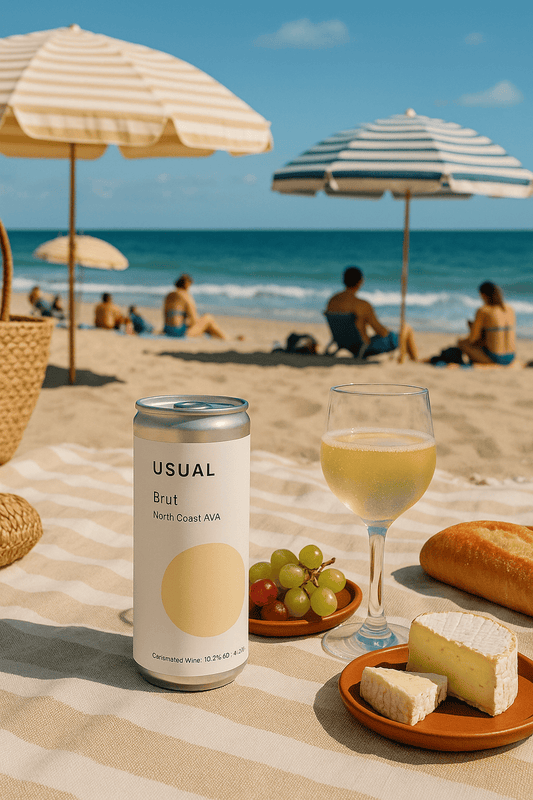
Aging Wine and Its Effects: Can Old Wine Make You Sick?
McKenzie HaganWine lovers get excited by the prospect of aging wine. We love the idea of buying something and then watching as the value increases year after year. But can old wine make you sick?
In this article we take a look at the do’s and don'ts of wine aging and storage, to help you to decide whether you should drink that mysterious, dusty old bottle you’ve discovered in the basement.
Whether you’re unsure about a bottle you’ve tried to age, or want to know if the opened bottle of wine you left in the fridge last night is safe to drink today, we'll guide you through everything you need to know.
Why You Shouldn’t Age All Wine
Contrary to popular belief, not all wine benefits from aging. In fact, it’s actually a very small percentage that does — a meager 2% of wines produced will be suitable for aging.
The problem is, many wine lovers romanticize the idea of keeping an extra special bottle for a suitable occasion. Then when the big birthday or wedding arrives, the wine they’ve been carefully hoarding is spoiled and undrinkable.
Most wines are produced to be drunk straight away. After a year of so on your shelf, that bottle you’ve been saving for your 20th wedding anniversary will start to decline in quality, dull in color and even start to taste like vinegar.
As most bottles of wine are sealed with a cork, within time the cork will deteriorate, and oxygen will begin to seep into the wine. This causes oxidation, which is bad news for your wine.
Our advice? Drink your store-bought wine soon after buying it. Chances are it won’t be suitable for aging, so don’t risk it. However, if you really want to buy a bottle for aging we have a few pieces of advice.
The Best Wine to Age
If you’ve got your heart set on buying a bottle of wine to age, there’s a few things to look out for:
- Buy a wine with high levels of acidity. Acid Is essential for a well-balanced wine. Without it wine can taste dull and “flabby.” Because acid deteriorates over time, be sure to pick a highly acidic wine to age.
- Look for a wine that is high in tannins. Tannins are natural preservers of color and flavor, so they will help to protect your wine as it ages.
- Dessert wines, sweet wines, and those just high in sugar are good options to age too. The high sugar content is a great preserver — kind of like how it works with homemade jams and jellies.
- Watch out for volatile acids. These can throw off your aging hopes. Acetic acid is a naturally occuring acid found in wine. While its presence is no bad thing, it’s also considered a volatile acid, so ask your sommelier about the VA levels of the wine before buying.
- Finally, wines with very high levels of alcohol are suitable for aging. Think wines over 15% ABV, like Port.
How To Tell If Wine Has Gone Bad
Can old wine make you sick? No, not really. There’s nothing too horrific lurking in poorly aged wine that would have you running to the emergency room. However, the liquid that could come out of that bottle may make you feel sick from the color and smell alone. The taste will also be very unpleasant.
If you have aged a bottle of wine, you may want to give it a thorough once-over before pouring yourself a glass. Look out for these key signs your wine has gone bad.
Color
If a bottle of red wine like Pinot Noir or Merlot has gone bad, those lovely purple hues will have started to change. When left to its own devices, red wine can go a murky brown. When white wines go bad their pale yellow colors turn to darker, golden hues.
Smell
Upon opening your bottle, be sure to give it a quick sniff before pouring. If your wine is “corked” or suffering from “cork taint” it will give off the smell of wet cardboard or even wet dog.
Your nose can also tell you if the wine may have oxidized. Look out for sharp acidic smells, similar to nail polish remover.
Taste
Finally, if you’re brave enough, you can sip it to find out how the wine tastes. Wine that has gone bad may feel “flabby” in the mouth, the flavors may be much sharper and the general experience may be dull and uninspired.
The Best Way to Store Wine

To make sure your wine doesn’t fall victim to this fate, learn to properly store your wine. We have a lot of tips on wine storage, but here’s a few to keep in mind:
Keep Your Bottles Horizontal
Leaving your bottle upright may lead to your cork drying out. A dry cork is more likely to let oxygen into the wine, thus oxidizing it and ruining the subtle flavors.
Investing in a good wine rack is an easy way to keep your bottles horizontal.
Keep Temperatures Low and Constant
Wine hates changes in temperature. Opt for a cool, dark place away from sunlight when storing your wine.
Beware of Vibrations
If wine was a person it would be a very sensitive soul. It hates too much movement, as this can disturb the sediment and cause premature aging. Keep your collection away from loud speakers and off of a rattling fridge, and try your best not to shake them.
Can Old Wine Make You Sick If the Bottle Is Left Open?
Drinking an already-opened bottle of wine will not make you sick. You can usually leave it for at least a few days before the wine starts to taste different.
However, we wouldn’t advise you push this too far. Pouring yourself a glass from a bottle that's been open for longer than a week may leave you with an unpleasant taste in your mouth.
To give open wine bottles a longer life you should put both red and white wines in the fridge. It’s also a good idea to try to put the cork back into the bottle or invest in a good wine stopper. This will form a seal over the mouth of the bottle, and hopefully keep oxygen out.
Drink Wine How It Was Intended: Fresh and Young

Hopefully we have calmed your nerves about drinking old wine. While it may not taste amazing, drinking wine that's past its heyday will not hurt you.
Remember, you’re better off not trying to age your wine. So few bottles benefit from aging and you could end up ruining a perfectly good bottle. If you’re desperate to give it a try, look out for wines that are high in acid, alcohol, tannins, and sugar, and store them properly.
Better yet, reach for a fresh glass of wine every time. With a unique single-serve glass bottle of Usual Wines, you’ll always pop open a fresh serving of Red, Rose, or Brut.








